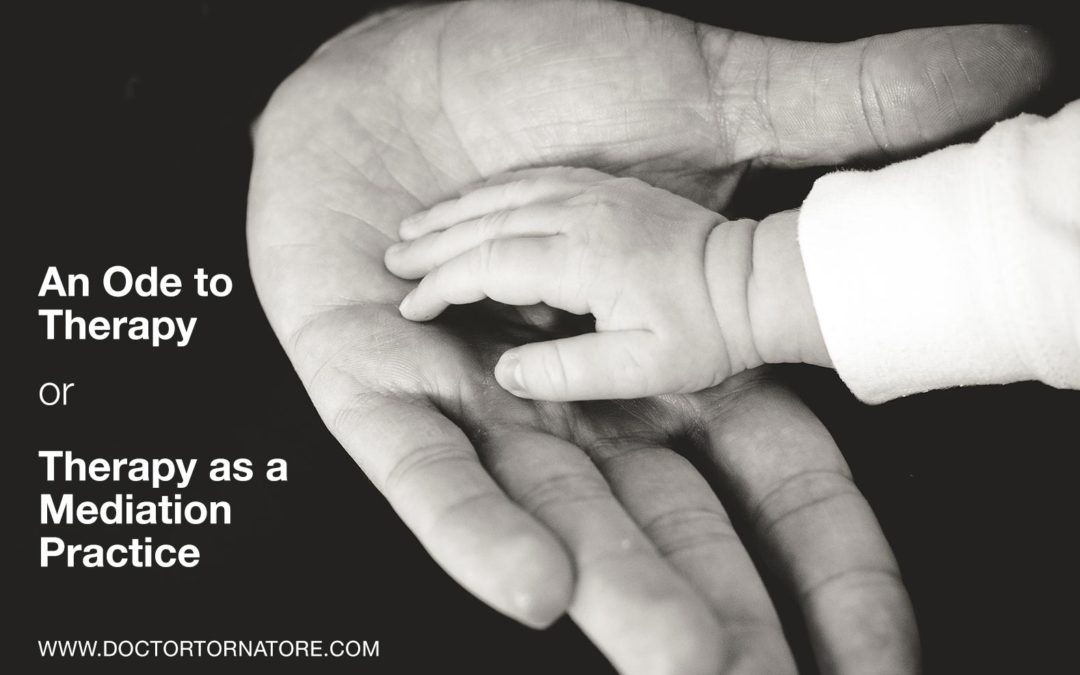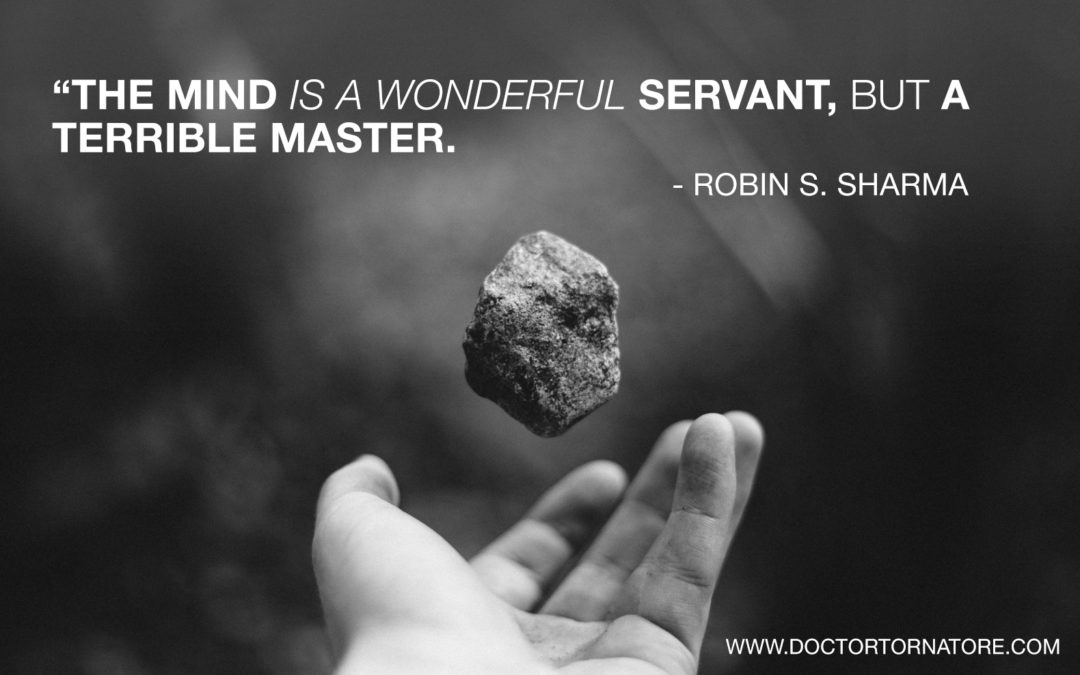Therapy is Strange
My client stated, as he walked out my door, “It will be good.” I responded “You don’t know that.” He countered “You’re right” and we laughed.
I reflected, as I shut my office door, “Therapy is strange.” You see, that was a therapeutic moment…that worked.
The longer I do therapy the simpler, and more fun, it becomes.
I’ve come to realize that therapy isn’t about changing what happens in our lives. It is about shifting how we respond to what happens in our lives.
There is much we can’t control. We can control how we respond to what comes into our life—whether it is poor health, an accident, loss of a job, or a new puppy.
Jill Bolte Taylor mystrokeofinsight.com/ in her book “My Stroke of Insight” talks about our responsibility (response ability). Our ability to choose how we respond is our choice.
In my client’s case, he was taking his wife to get her hair cut. His wife has dementia and she has gotten agitated in the past. He was positive she was going to respond poorly. He didn’t know for sure, but that was the story he was making up in his head. As a result, he was very anxious about something that hadn’t happened yet. His worry wasn’t doing anything except occupying his mind and increasing his stress.
We talked about it. He saw his response wasn’t helping.
As he let go of the worry he realized if she did get agitated he had choices. He could come back another time, or he could let her hair grow. Neither of them would have to deal with the stress of getting it cut.
He said “Even if she does get agitated, it will be fine. I will be fine.” He wasn’t changing his wife’s reaction; he was transforming how he responded.
He wasn’t altering his external life—he was shifting his internal perspective. When we do this, we let go of being a victim to life and step into our own power and freedom.
That is when life gets a whole lot more fun.




